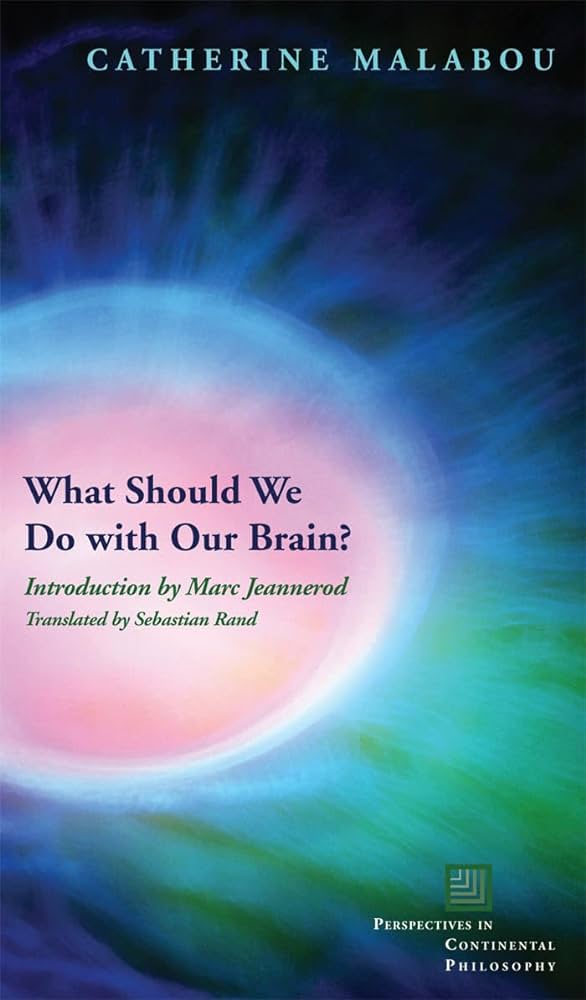What do you think?
Rate this book


120 pages, Paperback
First published January 1, 2004
the formation of each identity is a kind of resilience, in other words, a kind of contradictory construction and effacement of forms. In excluding all negativity from their discourse, in chasing away every conflictual consideration on the transition from the neuronal to the mental, certain neuroscientists cannot, most of the time, escape the confines of a well-meaning conception of successful personality, "harmless and mature." But we have no use for harmony and maturity if they only serve to make us 'scrappers' or 'prodigal elders.' Creating resistance to neuronal ideology is what our brain wants, and what we want for it.